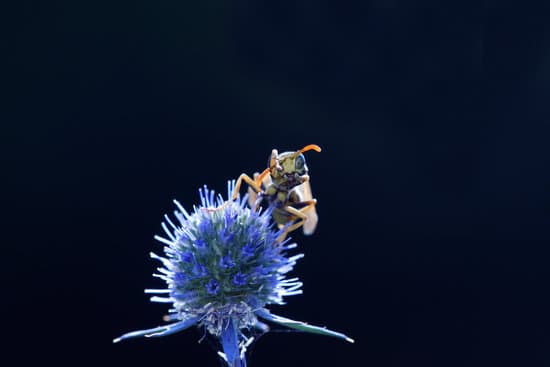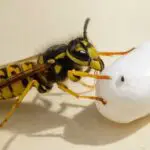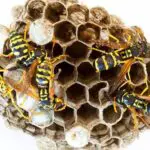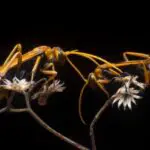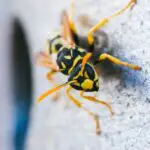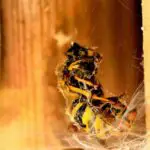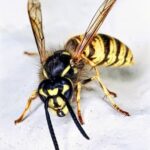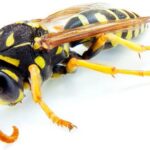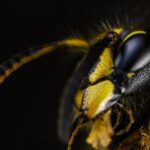What Good Wasps Do
Despite the reputation wasps have, they actually do many beneficial things for human health and the environment. Scientists have discovered that wasps have powerful antibiotics in their venom. They also produce a chemical signal that alerts other wasps when they are under attack.
Wasps control pest insects such as flies and caterpillars. They also pollinate flowers and plants. They can be very aggressive if disturbed, however. So it’s important not to disturb their nest.
In the UK, social wasps capture 14 million kilograms of insect prey each summer. They are the top predators of the insect world. The queen starts a colony each spring, building a small nest. She then raises a starter brood of worker females. These females expand the nest as the colony grows. In the winter, the queen hibernates in a warm place. She then starts the cycle over again in the spring.
There are approximately 33,000 species of stinging wasps in the world. They are found in every country. Some species, such as yellowjackets, are highly effective predators. They catch prey from about 15 different insect orders.
Solitary wasps, on the other hand, are mainly devoted to a single genus or order. They tend to be rather fussy about their prey.
Parasitic wasps are beneficial to farmers, helping to control pest insects. Their nests provide homes for beneficial insects. They also kill pests by feeding on them. These species are often found in tropical countries.
A major scientific review of the ecosystem services of wasps found that their stings play a vital role in pest management. They also have potential as environmental monitoring tools.
